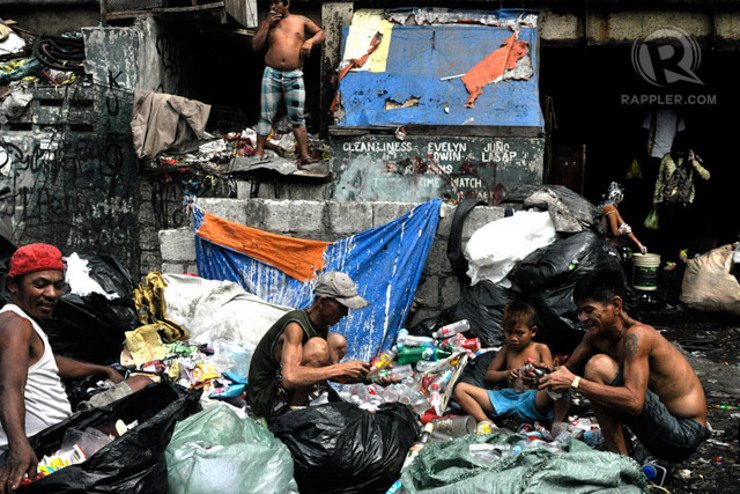SUMMARY
This is AI generated summarization, which may have errors. For context, always refer to the full article.

MANILA, Philippines – The Asian Development Bank (ADB) warned Asian economies that their governance issues jeopardize the region’s fast economic growth.
In a study conducted by its Independent Evaluation and released on Monday, September 29, the development think tank said the region’s growth does not sit well with its governance performance.
“Government effectiveness, rule of law, regulatory quality, and control of corruption facilitate the achievement of economic, social, and environmental outcomes,” the study said.
ADB’s growth forecast for Asia – the world’s largest and most populous continent – hovers at 6.2% in 2014 and 6.4% in 2015. The figures remain unchanged since it released the Asian Development Outlook 2014 in April.
But the growth prospects is threatened by Asia’s underlying governance problem, the report said.
“For most people, governance is identified with the quality of public services, which has a weak record in many countries where paying bribes for processing business applications or getting an electricity connection is common,” said Vinod Thomas, director-general of ADB’s Independent Evaluation.
The report said addressing governance issues would mean a lot for Asia, as it would result in poverty reduction, human development, gender equality, infrastructure quality, and water security.
“Improving governance is an arduous undertaking,” it said.
The Philippines, for one, has taken that challenge when President Benigno Aquino III assumed office, promising reforms in government since 2010.
Aquino’s party mate and Senate President Franklin Drilon said the country has already done “bold and structural” economic reforms, one of which include curbing anomalies at wealthy government-owned and controlled corporations (GOCCs); the passage of the Sin Tax Reform Act; implementation of the Conditional Cash Transfer program; and increased funding for social services such as health and education.
“I’m confident that with the active participation of all sectors in governance and in the economic and political life of our nation, our country will be able to achieve its development goals,” Drilon said in a speech on Monday, September 29, addressed to the members of the Management Association of the Philippines.
ADB lowered the Philippines’ growth prospects in 2015 from an earlier estimate of 6.7% to 6.4% as the economies robust expansion has not translated into improving the lives of the millions of poor.
The country’s gross domestic product (GDP) grew by 6.4% in the second quarter this year, according to government statistics, making the Philippines the second fastest growing country in Asia in terms of economic growth.
But poverty incidence among Filipino families has almost remained constant since 2006. There were 4.2 million poor Filipinos in 2012, according to the National Statistical Coordination Board. – Mick Basa/Rappler.com
Add a comment
How does this make you feel?
There are no comments yet. Add your comment to start the conversation.